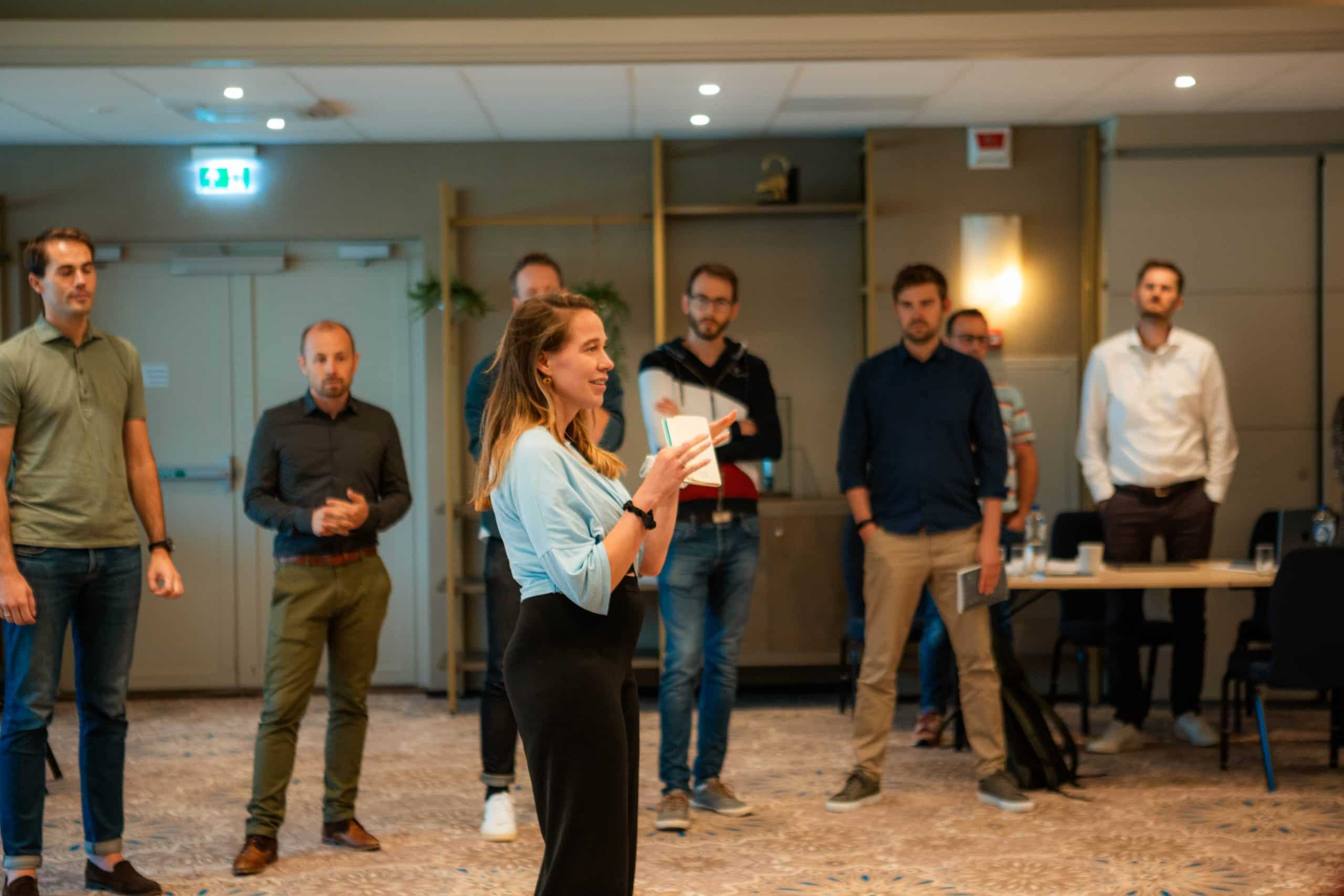Every year, tens of thousands of children are born in Denmark, and as their parents take parental leave, they face significant challenges upon returning to work. Balancing work and family life often leads to mental health issues like stress and burnout, impacting both individual well-being and workplace dynamics. Small and medium-sized companies (SMEs), lacking dedicated HR resources, often struggle to support employees during this transition. This report explores the experiences of parents and SMEs, offering insights and recommendations to foster a more supportive work environment.
About the Report
The report, originally published in Danish, was conducted by Tænketanken EQUALIS with contributions from ADC and with support from Velliv Foreningen. It aims to highlight current challenges faced by employees when going on and returning from parental leave, with the goal of equipping companies with concrete tools to address these challenges effectively.
Methodology
The study employed a comprehensive approach, focusing on three main questions:
- What challenges do pregnant employees face before, during, and after childbirth?
- How can companies prevent mental health risks for pregnant employees during their return to work?
- What strategies can companies adopt to address mental health issues during the transition from parental leave to the labour market?
The results build on 1661 responses to a survey sent via Statistics Denmark, 44 interviews with parents who were on or had been on parental leave at the time of the study, and 22 interviews with representatives from SMEs with 5-249 employees. This multi-method approach ensured a comprehensive understanding of the challenges and experiences surrounding parental leave transitions.
Key Findings
The key findings of this report highlight the multifaceted challenges faced by employees and employers during parental leave transitions. By delving into these insights, organisations can better understand how they can navigate and address these complex issues.
- Administrative Challenges for SMEs: Small and medium-sized companies often struggle with a lack of resources and uncertainty surrounding parental leave regulations, making it challenging to support employees effectively. This can lead to challenges in planning and communication.
- Physical Challenges: Pregnant women and those returning from parental leave commonly experience significant physical challenges, with over half reporting discomfort, leading some to take sick leave. Both men and women also face post-parental leave physical discomfort, impacting their well-being at work, often due to fatigue, nausea, and pain.
- Mental Challenges: During parental leave, 27% of pregnant women experience stress and burnout, while 38% of new mothers and 23% of new fathers face mental challenges upon returning to work. This underscores the importance of robust support systems for employees during parental leave transitions, including effective task handover procedures.
- Career Development and Retention: Parental leave can significantly impact career progression, with many women feeling overlooked or “put on pause” upon announcing their pregnancy. Lack of discussions around salary and career development exacerbates feelings of uncertainty and detachment from the workplace.
- Job Changes and Considerations: 46% of women and 33% of men consider or make job changes in connection with parental leave, often due to dissatisfaction with how their leave was handled or a desire for increased flexibility.
- Clear Agreements on Contact and Return: Establishing clear agreements on contact during parental leave and creating a plan for returning to the workplace are crucial to supporting expectant parents and ensuring a smooth transition back to work.
Recommendations
These recommendations are the result of a thorough analysis of the challenges faced by employees and employers during parental leave transitions, as highlighted in the report’s findings.
- Establish a Clear Process for Parental Leave Transitions: Establish a clear plan for parental leave, outlining pay conditions and roles to avoid ambiguity. Pre-define contact levels during leave and conduct ‘back-to-work soon’ discussions to facilitate a smooth return.
- Prioritise Employee Well-being: Address physical and mental pressures by recognising discomforts and supporting task handover before childbirth. Maintain regular communication to ensure parents feel supported and foster a supportive workplace post-childbirth.
- Foster a Flexible Work Environment: Provide flexibility with alternative tasks or adjustments to accommodate expectant parents’ needs. Offer flexible work arrangements to ease physical and psychological challenges before and after childbirth.
- Support Career Development Decisions: Maintain focus on career development, ensuring expectant parents do not feel their careers are on hold. Incorporate discussions about career progression into parental leave planning, and schedule necessary meetings during leave periods.
Additional Support Tools for Parental Leave Management
In addition to the report’s recommendations, Tænketanken EQUALIS has developed practical tools to assist companies in managing parental leave transitions. One such tool is an “annual wheel” or calendar designed for employers and employees to align expectations and plan effectively before, during, and after parental leave.
These tools and policies can be integrated into employee handbooks to cultivate a supportive culture regarding parental leave, fostering an environment where employees feel valued and respected. By implementing these resources, organisations can increase their support for employees during parental leave transitions and promote a more cohesive workplace culture.
Keep Reading
By understanding the challenges highlighted in this report and implementing the recommended strategies, we can create a more inclusive and supportive workplace for employees, ensuring their well-being, attachment, and continued career development.
Continue the Conversation
At ADC, we are dedicated to providing data and insights that create a positive impact on society. We are proud to contribute to this analysis of parental leave challenges. Moving forward, we will also use these findings to enhance our own policies to lead by example and reinforce the positive work culture at ADC.
If you are interested in learning more about this report or similar projects we have worked on, please reach out to Camilla Huus (Public & Society Lead).

What stage is your organisation in on its data-driven journey?
Discover your data maturity stage. Take our Data Maturity Assessment to find out and gain valuable insights into your organisation’s data practices.




